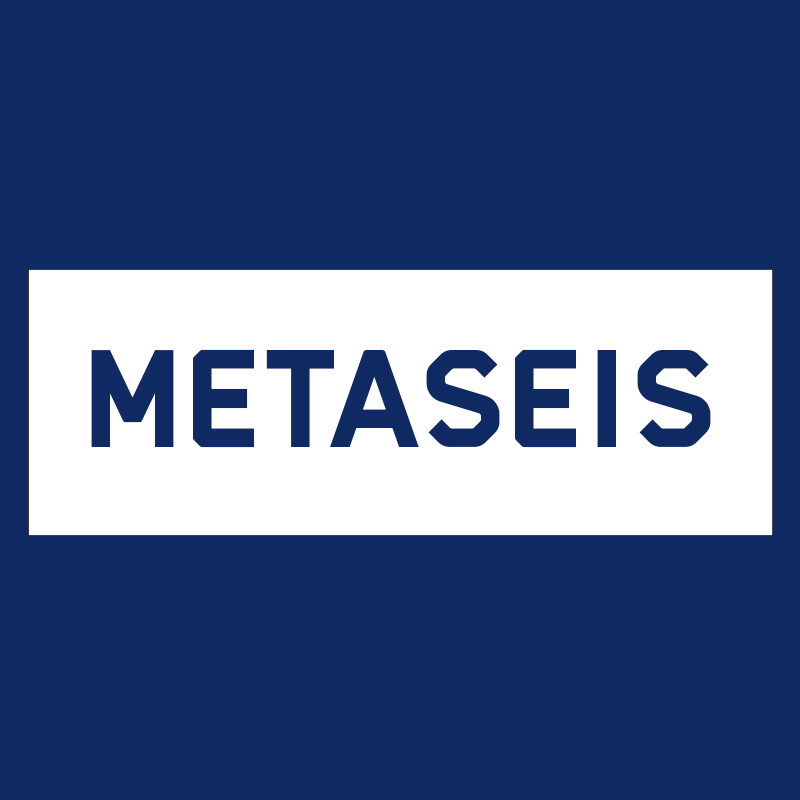Reflection seismic data, 2D as well as 3D, and refraction data such as active OBS data are the paramount source of information for the deep subsurface structure as they provide by far the highest resolution of any comparable geophysical technique. To this date, they have been used for a large variety of academic and commercial purposes. For many decades, reflection and refraction seismic data were the largest data sets in earth sciences, which created significant storage and archival problems. This fact and the lack of metadata standards hampers all new scientific projects that would like to use present-day and legacy data. However, GEOMAR has already initiated the implementation of the FAIR standards concerning 2D seismic data within a NFDI4Earth Pilot “German Marine Seismic Data Access” running until February 2023 in cooperation with the University of Hamburg and the University of Bremen.
Within MetaSeis, we will develop a unifying data infrastructure and prepare for future archival of reflection 3D seismic data and active OBS data from recent and future research cruises. We aim to adopt and extend existing standards and interoperable vocabularies in the seismic metadata including metadata quality and validation checks. To ensure long-term archival according to the FAIR-principles, a workflow for the integration of future and legacy data sets will be established along with best practices developed within previous projects (Mehrtens and Springer, 2019).
With this initiative, HMC will serve Germany’s marine geophysics community as represented by AGMAR of the Fachkollegium Physik der Erde of DFG but also contributes to the efforts of NFDI4Earth/DAM/DataHUB and the involved Helmholtz centres to establish a distributed infrastructure for data curation by harmonized data workflows with connections to international data repositories such as MGDS (Marine Geoscience Data System), IEDA (Interdisciplinary Earth Data Alliance), SNAP (Seismic data Network Access Point) and SeaDataNet (Pan-European Infrastructure for Ocean and Marine Data Management). International cooperation will benefit from synergy with the industrial seismic standard Open Subsurface Data Universe (OSDU) to ensure future cooperation between industry and academic research.
